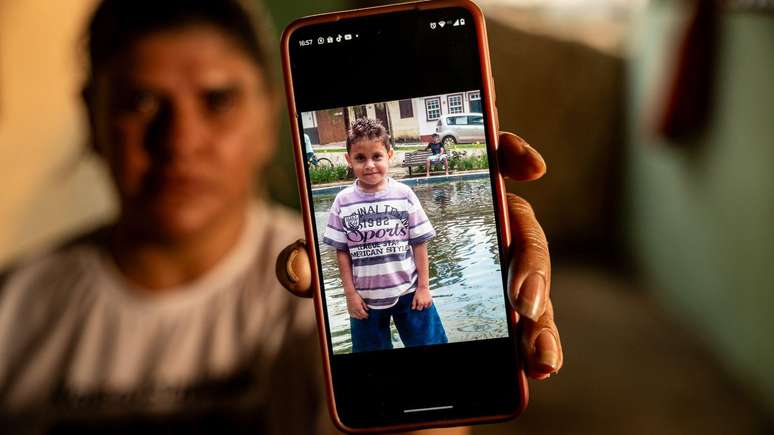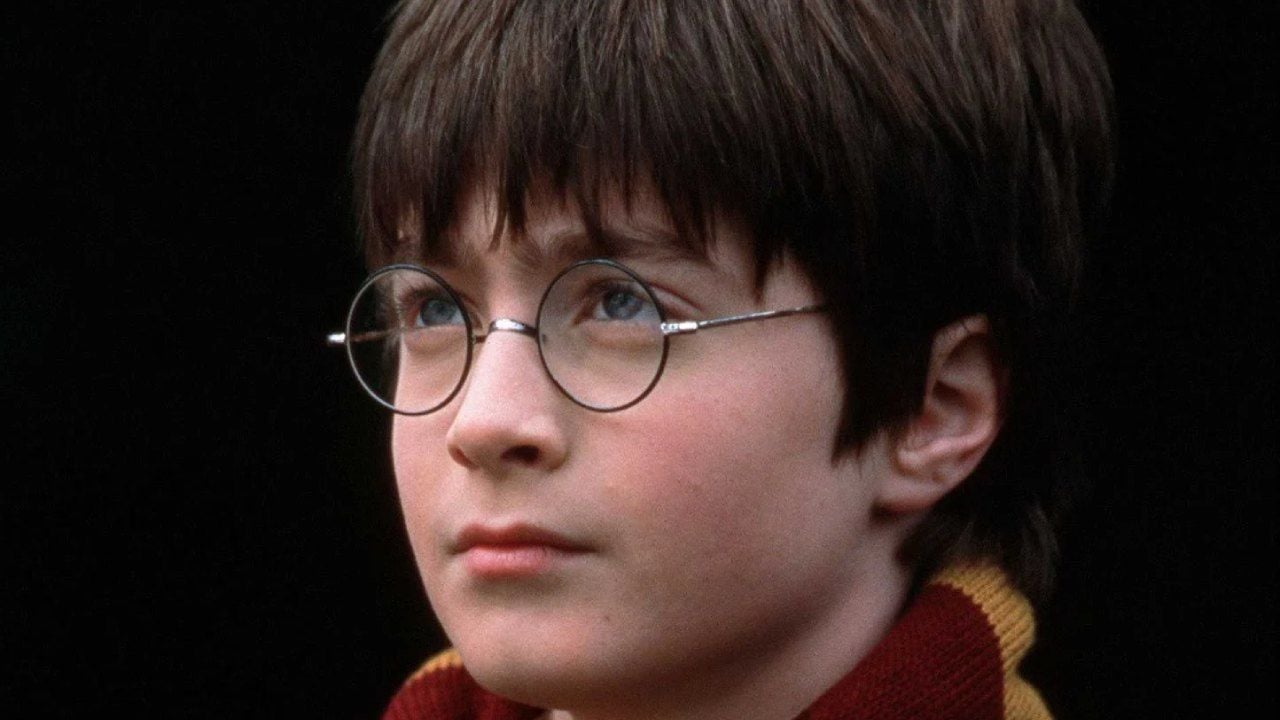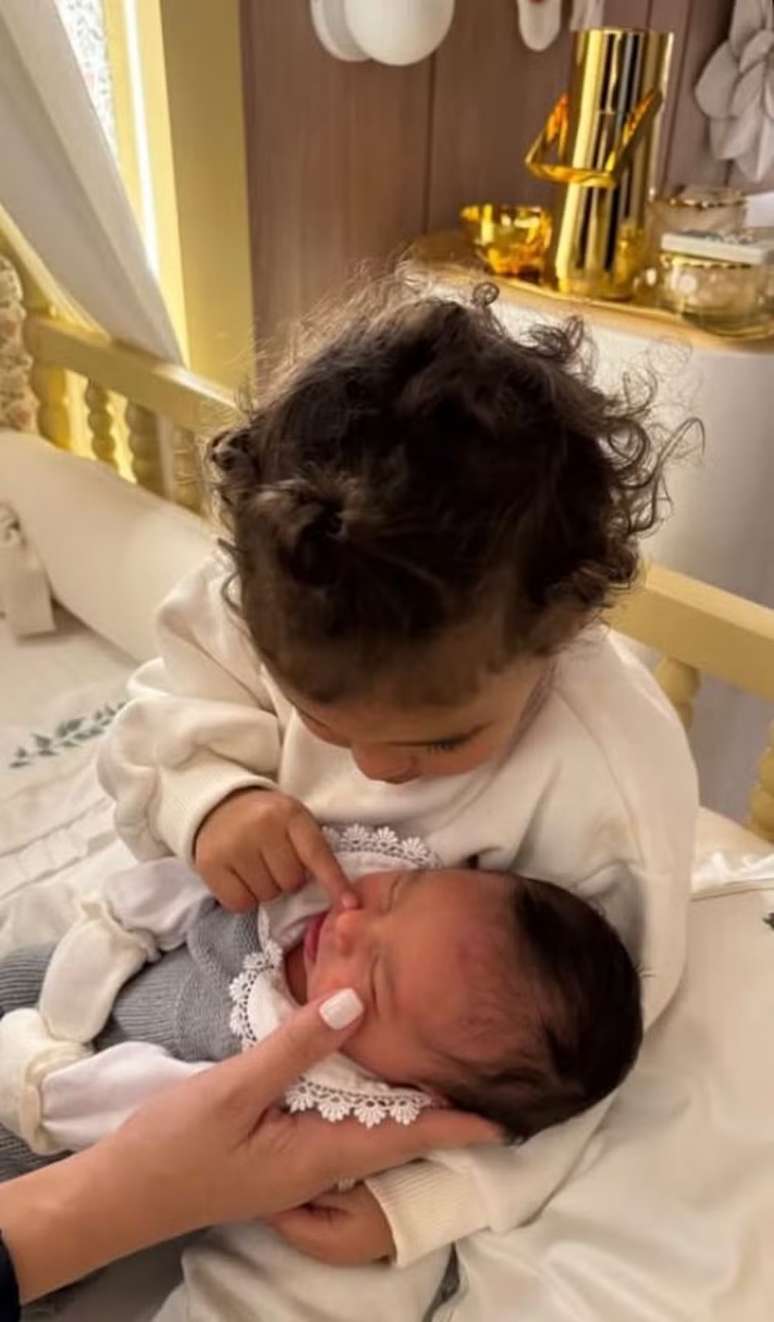The case against BHP – which operated a dam alongside Vale in the 2015 disaster – seeks what would be the largest environmental compensation in UK history.
The trial against the Anglo-Australian mining company BHP opens in London on Monday (21/10) to ascertain its responsibilities in the Mariana disaster of November 2015, when a dam collapsed in the city of Minas Gerais, killing 19 people and destroying a entire neighborhood.
More than 620,000 people have sued the mining company in the UK over the disaster. 46 local administrations and around 2 thousand companies are also participating in the action.
The estimated value of the compensation sought is £36 billion (R$266 billion), the largest amount in the history of British justice and one of the largest in the world.
The Mariana disaster is considered Brazil’s worst environmental tragedy. In addition to destroying the Bento Rodrigues district, mud containing toxic mining waste contained in the dam flowed down the Doce River to the Brazilian coast, destroying the river’s wildlife and the economic source of dozens of communities.
BHP – which is the world’s largest mining company by market value – is one of the owners of Samarco, the company that controlled the Mariana Dam. The other is the Brazilian mining company Vale, sued in the Netherlands by around 70 thousand people. Both companies have agreed that if either is found liable for damages, they will share the costs.
Lawyers for victims of the disaster were able to bring a UK lawsuit against BHP in London because the Anglo-American mining company’s headquarters were in the UK at the time of the dam collapse.
If BHP loses the case, a second phase will take place to determine which people can be compensated and the compensation amounts.
BHP and Vale argue that the legal action in the UK is “unnecessary as it duplicates issues already covered by the Renova Foundation’s existing and ongoing work and other legal proceedings in Brazil”.
The Renova Foundation was created by the two mining companies to compensate families affected by the dam collapse.
The companies say they “remain committed” to repairing the damage caused. BHP and Vale have submitted a new offer to the Brazilian government, which could be signed on Friday (25/10), to pay more than R$170 billion in compensation.
Mining companies said they have already paid more than R$57 billion in compensation to various parties affected by the disaster, through the Renova Foundation.
The law firm Pogust Goodhead, which represents the claimants, has been trying to sue BHP in the English courts since 2018, as the multinational is listed on the London Stock Exchange.
BHP argued that it would not need to respond to any lawsuits in the UK, as the company had already been sued in Brazil.
Initially, the English court ruled in favor of the mining company. But in July last year, an appeals court overturned the decision and accepted the case against the mining company.
“Our conclusion is simply that the resources available in Brazil are not so evidently adequate that we can say that it is useless to continue with the processes [na Inglaterra]”, read the unanimous decision signed by the judges at the time.
The decision triggered a legal battle between the two mining companies: BHP approached the English court to include Vale in the compensation process. The Brazilian mining company argued that it should not be included in the trial, as it would not fall under British jurisdiction.
The companies subsequently reached an agreement under which they undertake to share the costs if they lose in the trials they face in the Netherlands and the United Kingdom.
The delay in the trial before the British courts meant that the amount of compensation and the number of victims also increased over the years.
In 2020, the law firm represented 200,000 victims, who were seeking $6 billion in compensation.
Families still suffer
Among the 620,000 people seeking compensation from the British courts is Gelvana Rodrigues, who lost her seven-year-old son, Thiago, when mud invaded her home.
“The last words I heard him say were: ‘Did you know that you are the best mother in the world?’” she told the BBC.
She was one of 19 fatal victims on November 5, 2015.
Gelvana was at work when the disaster occurred, and her son was at home with his grandmother.
Gelvana, having heard the news of the dam collapse, ran home, where everything had been destroyed.
“I spent three days without eating or sleeping, I just wanted to find my son,” he says. Thiago’s body was recovered only after seven days.
“That day my life ended, because I lived for him.”
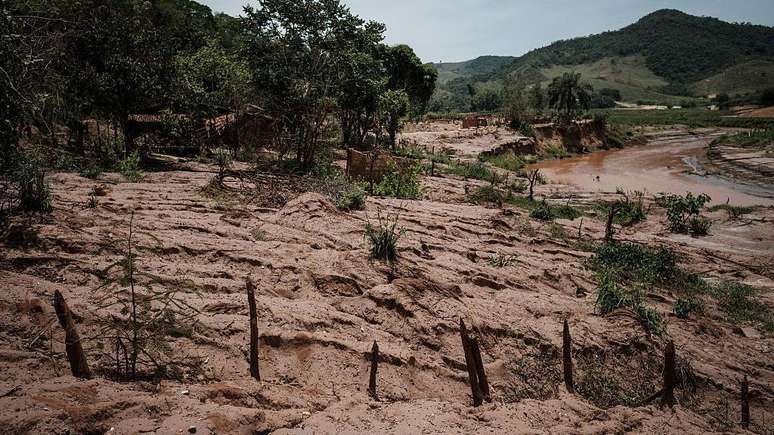
Marcos Muniz, known as Marquinhos, moved to Bento Rodrigues in 1969, when he was six years old, in the same house where his father was born. As an adult he built his own home on his father’s land in the district.
Marquinhos worked at Samarco for nearly 30 years before retiring. He had animals and orange trees, which would be his source of income and employment once he retired.
“I never imagined this could happen,” he said. “If I had known that this was going to happen in the future, that the community I grew up in was going to be destroyed, I definitely would have stopped working there.”
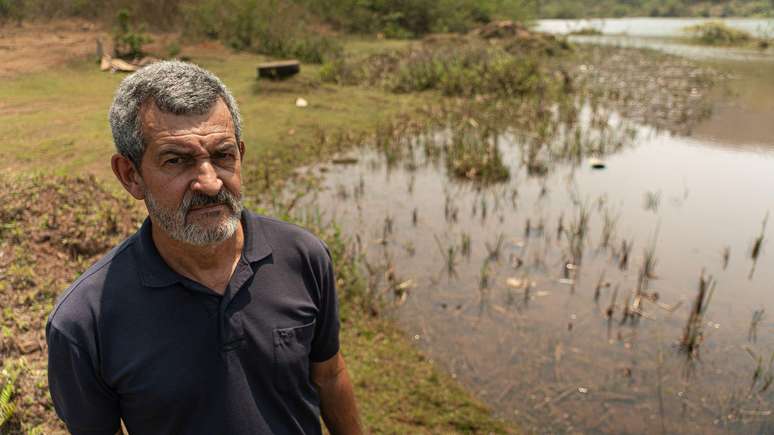
Today Bento Rodrigues looks like a ghost town. The destroyed houses are still covered in a thick layer of mud. Marquinhos’ house was taken over by a lake that formed. Only a tip of it is still visible.
BHP and Vale set up the Renova Foundation to compensate victims. The offers were made in cash or in the form of a new house in a new city called Novo Bento, created by the foundation.
The Foundation claims to have disbursed R$57 billion in reparation and compensation actions to date for over 445 thousand people, of which 50% of the amount has gone directly to those affected.
But that doesn’t mean companies accept being held responsible for the disaster.
The community was heard in the decision on the location of the new town and the design of the new homes.
Marquinhos has been offered a house, but fears that his lifestyle will be lost in the new modern city.
The new city, which appears more modern and urban than the old neighborhood of Bento Rodrigues, is still under construction. It’s at the top of the hill, not in a valley.
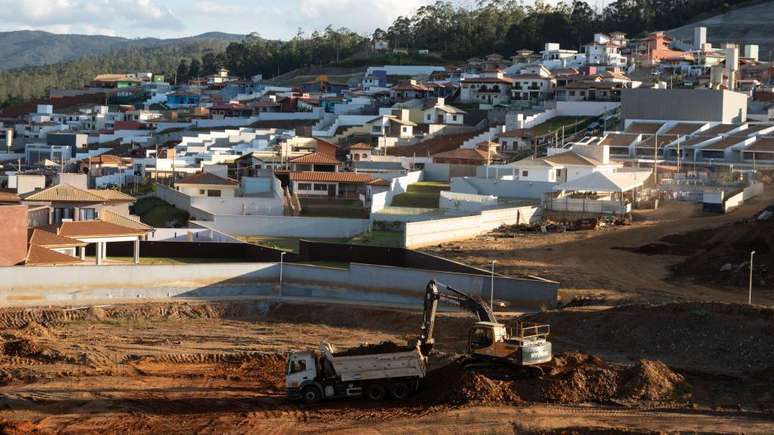
Darliza das Graças moved to the city a year ago. He owned a bar in Bento Rodrigues; In the new city he has a restaurant.
“Life here is wonderful, it’s beautiful. But at the beginning it was very hard, there were very few residents,” he says. “They’re starting to arrive, it’s much better.”
So far, more than a hundred people have moved, but, almost nine years after the disaster, some still haven’t been able to move because their homes weren’t ready and others simply because they didn’t want to.
Darliza says she is happy, but still prefers her old life because “the community was more united.” Not everyone in the old community wanted to move.
Compensation
Samarco says the Renova Foundation has paid compensation to the families of 18 of the 19 fatal victims and that it continues to be in contact with them and their lawyers in the cases not yet resolved.
Fernanda Lavarello, director of corporate affairs at BHP Brazil, says: “What happened in 2015 was a tragedy. We are sorry for what happened. Since then, BHP has never abandoned the country and is doing everything it can to repair the environment and the lives of families.”
“Some processes are taking longer than expected, because it is very complex, but for the families who wanted to quickly build their homes here, their homes are ready and they have already moved in.”
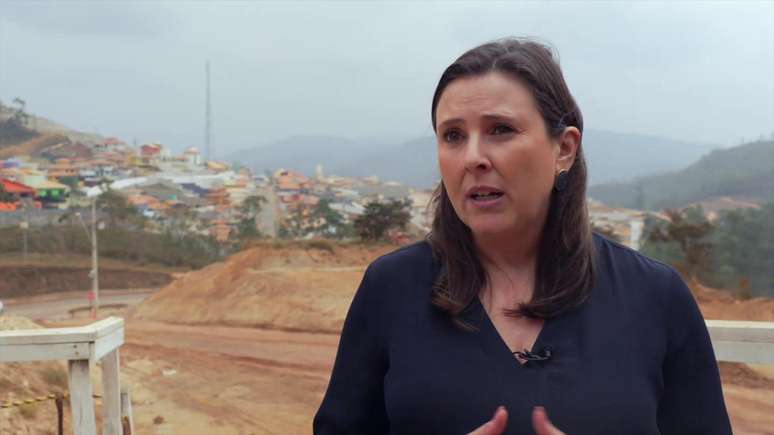
If they win the case in a British court, the collective compensation could exceed R$ 260 billion, which is one of the highest sums ever paid in the world for environmental damage.
For Marquinhos the important thing is to obtain greater compensation than what has been offered so far, so that he can rebuild his life as he sees fit.
But for others there is no financial compensation that would be sufficient.
“Nothing will bring back a life,” Gelvana says of her son Thiago. “There is no money in the world that can buy a life. I want justice, so that no mother has to go through what I’m going through.”
* With reporting on Mariana (MG) by Ione Wells, BBC News correspondent in South America.
Source: Terra
Rose James is a Gossipify movie and series reviewer known for her in-depth analysis and unique perspective on the latest releases. With a background in film studies, she provides engaging and informative reviews, and keeps readers up to date with industry trends and emerging talents.

